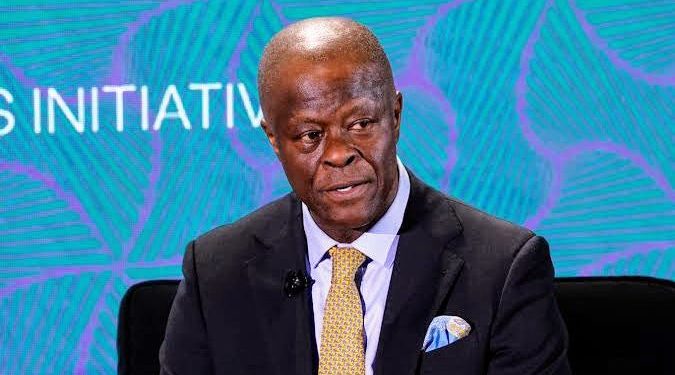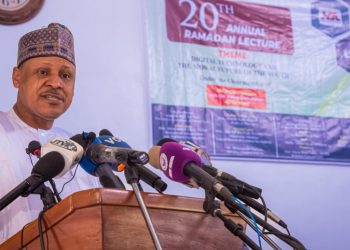The Nigerian Government has said that it needs investment and increased trading relationships from member countries of the G-24 as these will play a critical role in the country’s quest for growth as well as ensure a stable and growing economy by bringing tranquility to the tempestuous foreign exchange market.
The Minister of Finance and Co-ordinating Minister of the Economy, Mr Wale Edun, made the request at the ongoing World Bank-IMF Spring Meetings holding in Washington DC, United States.
Represented by the Director General of the Budget Office of the Federation, Mr. Ben Akabueze, the Minister informed the G-24, a group of countries working together to coordinate the positions of developing countries on international monetary and financial issues and indeed global gathering that Nigerian Govt, on its part, administered a cocktail of intervention programmes and potent policies which are already yielding desired outcomes.
He explained that the efforts of the President Bola Ahmed Tinubu-led Administration towards repositioning the economy were already yielding desired outcomes, which has significantly narrowed the gap between the exchanges at the parallel market and the Nigeria Foreign Exchange Market.
According to the statement released, the Minister said that Nigeria was well positioned to attract investments in various sectors such as manufacturing, agriculture, oil and gas, amongst others.
While responding to a question from a Russian journalist on areas of cooperation between the two countries, the Minister said that the last major investment of the Eastern European nation in Nigeria was the Ajaokuta Steel Company, which currently lies prostate over large sprawling greenfield.
He informed further that apart from Brazil, there is no country in the world with as much arable land as Nigeria, as such, the country should be a net exporter of food and not an importer.
Edun also justified the decision for the Dangote Refinery to work on meeting local demands of petroleum products before eyeing export markets.
Does it make a meaning that domestic demand is not yet met and a company refines products and exports, while Nigeria goes and imports the same products from Europe? he queried.
The Minister added that local refining would be encouraged until indigenous demand has been fully met, and then the nation can export products as well as earn foreign exchange from such exports.
On budget implementation, he said that the capital component of the 2023 supplementary budget was still being implemented and would run until June due to government’s determination to make impacts in various sectors.
The Minister added that the 2024 budget was being implemented as planned, assuring that the citizens would be better for it.














